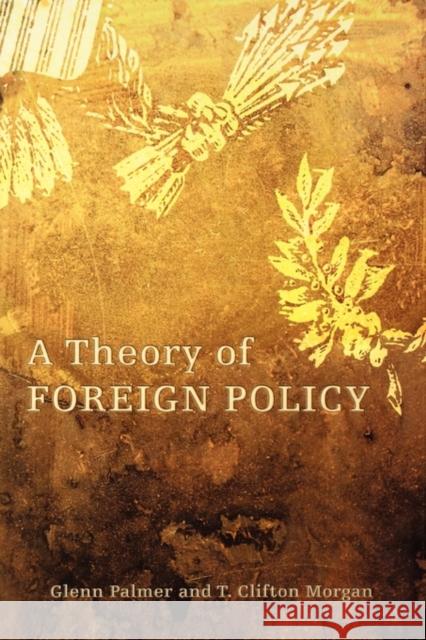A Theory of Foreign Policy » książka
A Theory of Foreign Policy
ISBN-13: 9780691146553 / Angielski / Miękka / 2010 / 224 str.
This book presents a general explanation of how states develop their foreign policy. The theory stands in contrast to most approaches--which assume that states want to maximize security--by assuming that states pursue two things, or goods, through their foreign policy: change and maintenance. States, in other words, try both to change aspects of the international status quo that they don't like and maintain those aspects they do like. A state's ability to do so is largely a function of its relative capability, and since national capability is finite, a state must make trade-offs between policies designed to achieve change or maintenance.
Glenn Palmer and Clifton Morgan apply their theory to cases ranging from American foreign policy since World War II to Chinese foreign policy since 1949 to the Suez Canal Crisis. The many implications bear upon specific policies such as conflict initiation, foreign aid allocation, military spending, and alliance formation. Particularly useful are the implications for foreign policy substitutability. The authors also undertake statistical analyses of a wide range of behaviors, and these generally support the theory.
A Theory of Foreign Policy represents a major advance over traditional analyses of international relations. Not only do its empirical implications speak to a broader range of policies but, more importantly, the book illuminates the trade-offs decision makers face in selecting among policies to maximize utility, given a state's goals.











